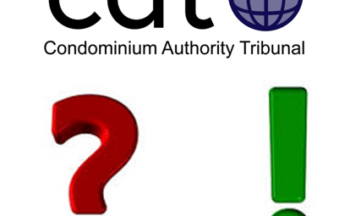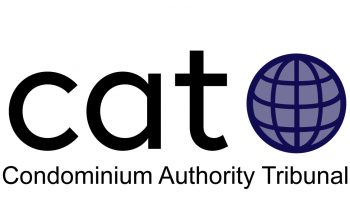 August 2023
August 2023
As the Condominium Authority Tribunal (CAT) has evolved, one of its fundamental principles is to avoid reimbursing either party for costs even when successful against an opposing party. This differs from legal actions where the court presumes that owners are innocent and should not be financially responsible for costs when the other party is clearly in the wrong.
This can leave condominium owners responsible for costs when an owner pursues an action against the corporation without a realistic chance of success, often by dragging out issues and increasing corporation costs. Some argue it is unfair to impose all these costs on the condominium corporation and “innocent owners”. The CAT’s rules of practice state that no costs are awarded unless there are exceptional circumstances.
The “innocent owner” principle applied by courts awards costs to condominium corporations where the corporation has been successful in enforcing its governing documents. Some argue this same principle should apply to CAT. Rogue owners would be deterred from abusing the CAT process and increasing costs for all owners.
Some condominium corporations are too quick to initiate actions against owners, increase costs by involving legal counsel in what should not be a legal matter, or rely on legal threats to force residents to comply with corporation actions that may not be consistent with governing documents. These are serious risks since the corporation is in a stronger financial position than most owners and some condo boards don’t always act in the best interests of owners.
 While it would be beneficial if rogue owners be accountable for their actions in increasing costs for all owners, it remains equally or more important that owners with legitimate grievances not be deterred by a condominium corporation choosing to incur legal costs to initiate or defend a Tribunal hearing.
While it would be beneficial if rogue owners be accountable for their actions in increasing costs for all owners, it remains equally or more important that owners with legitimate grievances not be deterred by a condominium corporation choosing to incur legal costs to initiate or defend a Tribunal hearing.






